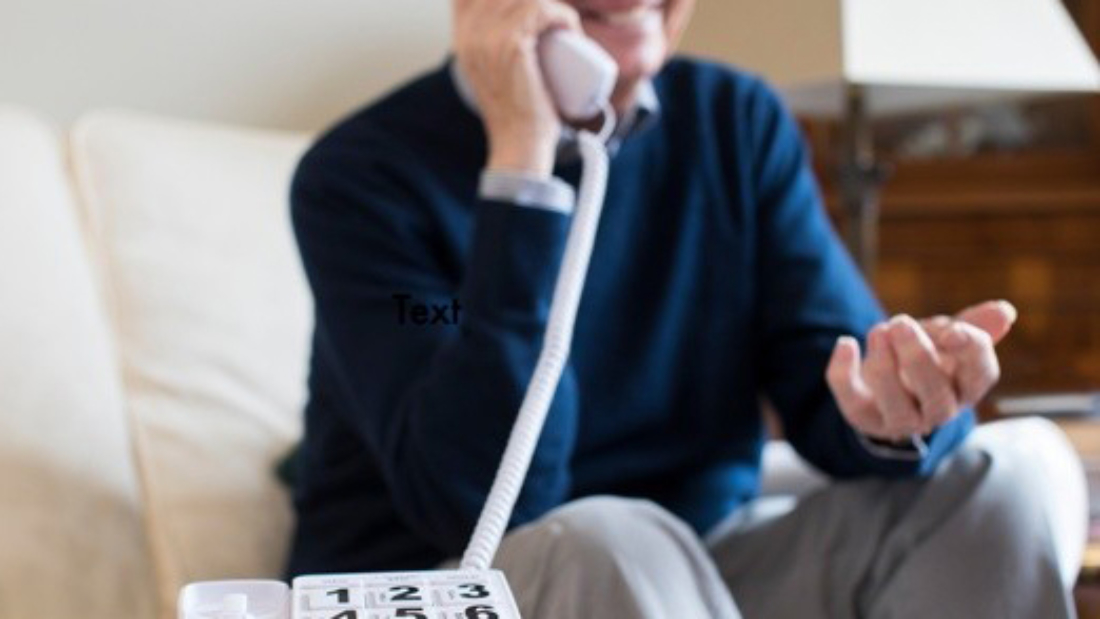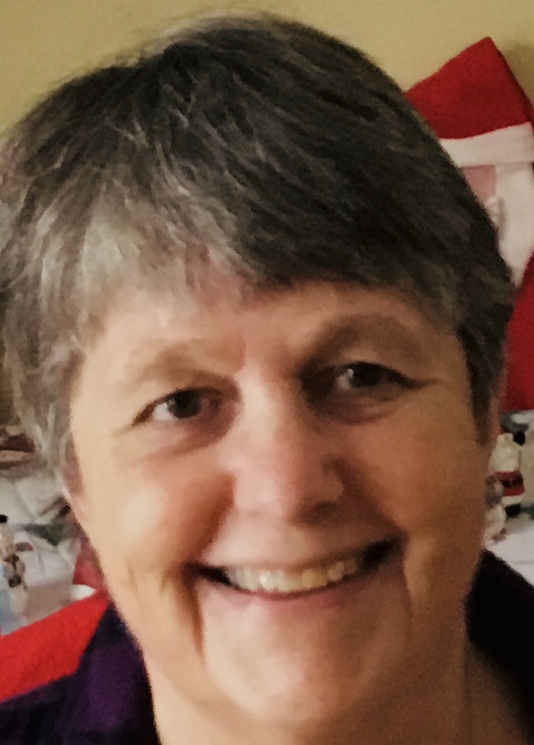As we enter our third week of social distancing, self-isolation, self-quarantine, school closures, store and business closures, travel cancellations and on and on – all for the foreseeable future – our thoughts turn to seniors and wonder how we can connect with them. What can we do to help them?
In good times, many seniors feel isolated, lonely and depressed. But now, when most cannot go out in public due to Covid-19, this isolation is exacerbated. Seniors are scared, afraid to leave them homes, even if they are allowed. Of course, some defy the order to stay home and sneak out of their senior residences to go for a walk!
The more isolated people are, especially seniors, the more they worry, have anxiety issues and thus their health is negatively influenced. This is affecting two groups of seniors: those who usually have active social lives and those who are isolated because of an additional physical disability.
I have an older friend in her eighties who lives in a senior residence. She is usually fairly active, loves to go out for walks or a coffee at a local restaurant, and loves to have visitors – both family and friends. Her residence is now in lockdown. No one can come in and no one is allowed out. The residence would “prefer” that the residents remain in their rooms except for meals (so far). And there are no cases of Covid-19 – yet. She is devastated. I had been in touch by email, which she still uses, but she called me “just to hear my voice”. I emailed her some virtual museum tours but, even with my help, she cannot figure out how to view them.
How can we help the isolated senior?
There are of course other seniors who are in worse situations, some living alone. What can we do to help all of them? What can we offer them? Many seniors are not computer savvy, how can we connect with them? In Nova Scotia, 70% of seniors are connected to the internet, but only 50% of them use their computers for anything but email, which has been set up by a son or daughter. So, connecting with them digitally is not going to work.
In a lot of cases, we must return to the “old-fashioned” way – telephone.
Schedule “phone visits” on a regular basis. During these visits, have a virtual cup of tea; watch the same TV show together; do crossword puzzles together, with one person having the puzzle and the other try to hep solve it.
What else can we do?
- Put notes on their doors “I can get you groceries” “I can text you or phone you regularly”
- Teach them (on the phone) how to go online for virtual museums, virtual concerts, virtual park visits
- Find programs on TV that teach them crafts, teach then how to Skype, etc.
- Do errands/groceries
- Deliver library books (leave outside on front step)
- Write letters to them. Have the kids make card/draw pictures
- Make lists for them about shows/movies on Netflix, Amazon, etc. with a short promo about each program
- Pick up food at a food bank, cook for them and leave it at their door
- Show them some seated exercises to do nhs.uk/live-well/exercise/sittingexercises/
How can we connect with seniors who are not digitally connected?
In researching, I found many interesting ways in which we can still reach seniors without computers. The most common method is though mass media: newspapers (articles in The Suburban), magazines, mailouts, radio. Information sheets, leaflets and posters can be distributed to libraries, doctors’ offices (GPs), senior care centers and homes, supermarkets, and even through deliveries of Meals on Wheels. An excellent course of action would be by word of mouth, many seniors would feel safer hearing from a trusted source about services to help them. Questionnaires given out to seniors by their pharmacist, to assess isolation and needs of the seniors, can also provide names and contact information.
What kind of help is out there for seniors globally?
In Pointe Claire they have an Aid for Seniors Program, who, among other things, have 6 city hall representatives who contact 300-400 seniors daily.
The Cummings Center, which is officially closed, still has programs running including a “community hotline”. They are also exploring the possibility of a care givers support group on Zoom. They have virtual programs dealing with arts and crafts or exercise, and free access to a virtual library with 140 recorded videos, lectures, classes and events.
Since the beginning of the Covid-19, grassroots organizations have set up, using Facebook to spread the word and connect the needy to those with time, money or skills to share.
Two of them include Coronavirus Citizen Support Team in Outremont who hand out flyers to reach members (1500 members and counting); another is Montreal Covid-19 Mutual Aid Mobilisation d’Entraide with 14,000 members, who have people post what they need and what they have to offer.
Caremongers is a Canadian group in which people get together to do acts of kindness and reach out to the vulnerable, bringing food and necessities to the isolated and quarantined.
Elefriends.org is a supportive online community in the UK for those with mental health problems managed by Mind, a mental health charity.
In England, Campaigntoendlonliness.org and Contact the Elderly are also tackling the isolation of seniors.
The Future
What can we, as a society, do? We need to prepare for the future. One positive is that, as the population ages, more seniors will be comfortable with computers and therefore more “reachable”. However what systems can be put in place so that isolated seniors who need intervention can be found.
Communication is the key to this. Liaison between organizations and groups so that we can work together instead of overlapping tasks is imperative. My daughter is a social worker at a CLSC and is in charge of the running of several senior homes. She is also the Mayor of a municipality, both in the Laurentians north of Montreal. Because of her positions, she is in an ideal position to liaise between the two and see both perspectives. She has been able to help both create a relationship where both are working together efficiently rather than overlapping services. One result is that they have started calling isolated seniors every day to check in and ascertain their needs. Partnerships across different areas such as charities, volunteer organizations, churches, community groups as well as liaising with social workers, nurses, hospital staff, hairdressers, footcare specialists can all lead to “finding” the disadvantaged and needy seniors. Liaising also with various agencies who are in contact and helping seniors can lead to referrals as well.
Each municipality should have a list of seniors in their area, along with their addresses and phone numbers, so that they can be contacted during events such as we are dealing with now. Younger seniors can reach out to older fellow seniors to offer assistance and companionship, providing a friendly voice to lonely and isolated individuals.
And finally, there must be collaboration with the senior homes. Although they have services for their residents, they are highly overloaded in times like this. They do not have time to spend with each lonely senior who just needs to “see” a friendly face and “hear” a friendly voice.


